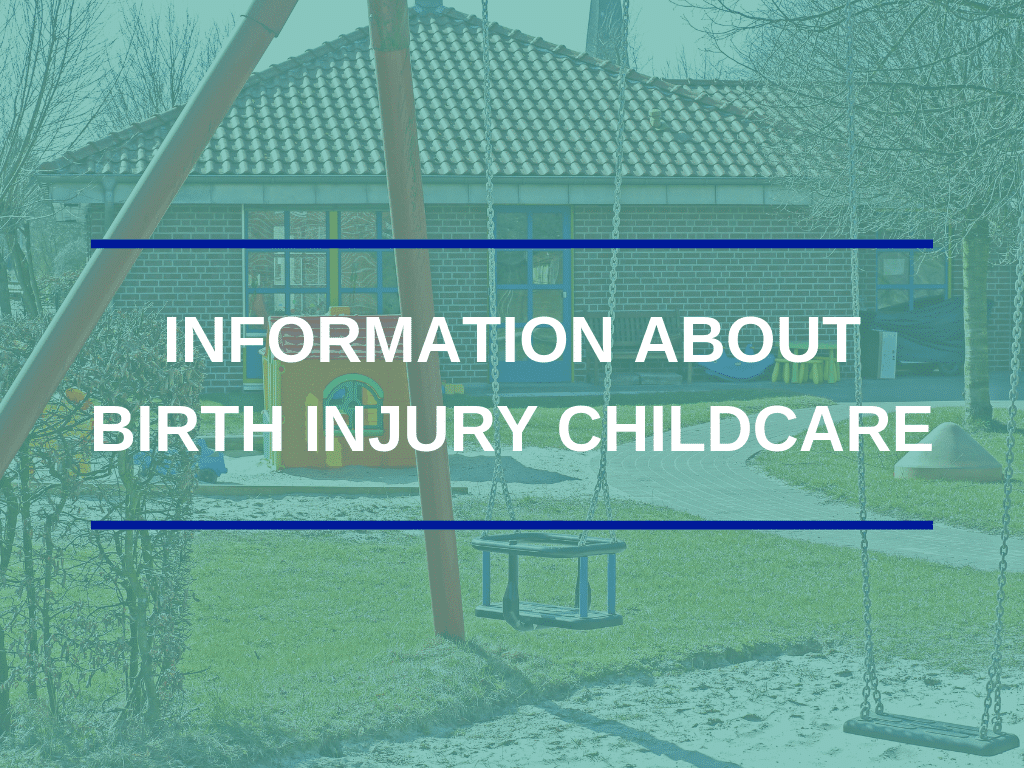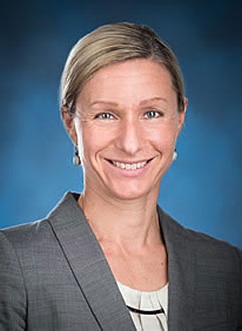
Children who endure birth injuries will often have an array of disabilities that will last over the course of their lifetime. These disabilities may include cerebral palsy, in which a child has physical and cognitive disabilities therapy, treatment and lifelong care. Some birth injuries will only affect one specific area, for instance, mental impairment or physical disability, but it’s crucial for parents to be vigilant in terms of obtaining the very best care and treatment no matter what the severity or types of disabilities a birth injury induces.
BILA lawyers are dedicated to providing the quality legal representation for parents of children with every type of birth injury, and through our services, we help alleviate the financial burden that coincides with birth injury care associated with substandard care and provide some peace of mind for parents of children with birth injuries.
In this article we are going to discuss some crucial information in terms of birth injury childcare, including Life Care Plans, common treatments, and home/school life for children with birth injuries.
Life Care Plans
A Life Care Plan (also sometimes called a Future Care plan) is a comprehensive medical-legal document that is created through the assistance of an array of medical specialists who help decide what a child with a birth injury will require throughout his or her entire lifetime to ensure they are as comfortable and healthy as possible. This document will estimate the costs needed for rehabilitation, medical and educational expenses, and even takes predicted inflation into account so that a family can more easily face the financial hardships with raising a child with special needs.
Life Care Plans are properly part of all birth injury trials because they help ensure that the party responsible for the birth injury is paying for any and all long-term damages that are associated with the birth injury. Because Life Care Plans are meant to estimate not only childcare expenses but also adulthood expenses, they typically provide the following:
- Attendant care
- A list of medical professionals responsible for the child’s medical care
- Educational expenses
- A list of anticipated medical procedures
- Any modifications that may be needed for the family’s home (handrails, ramps, etc.)
- Speech and occupational therapies
- In-home care costs
- Transportation expenses
- Lost wages, respite care, special modifications, etc. (additional costs to parents)
Life Care Plans also include several types of goals and milestones for the child, family and medical team to strive towards.
Birth Injury Treatments
Every birth injury is unique, which makes a proper diagnosis required in terms of determining the exact type of treatment that will work best for each child. Some parents want their children to go through more traditional routes in terms of care, while others prefer natural, holistic approaches to healing. No matter which options you end up choosing, it’s crucial that parents speak to their team of healthcare providers in order to go over the pros and cons of each treatment that is considered an option for the injured child.
The following are some common treatments associated with birth injuries:
Surgery
Surgery isn’t necessary for all birth injuries, but there are some instances in which surgeries may provide the best chance of survival for an infant with a birth injury. Surgery can also be a great option in terms of helping an infant be more capable of having full use of any injured limbs.
The most common types of birth injuries that necessitate surgery include serious brachial plexus injuries, brain hemorrhages, and fractured skull injuries. Surgery may also be necessary to relieve spasms caused by cerebral palsy.
Medications
There is an entire array of medication that is utilized for all types of birth injuries, and often medication is prescribed for cognitive disabilities, seizures, pain, and much more. Some of the more common types of medication for birth injuries include the following:
- Anti-inflammatory and pain management medications
- Anti-Seizure medication
- Anticholinergic medication
- Botox
- Anti-spastic medication
- Stool softeners
Physical Therapy
Physical therapy is one of the more common treatment options for a whole variety of birth injuries. The purpose of physical therapy is to help children move more efficiently, decrease pain, maintain function, and restore physical function. Often physical therapy helps children with birth injuries to have an easier time with daily activities like walking, eating, and playing.
Physical therapy oriented towards babies and children generally helps with the following:
- Coordination
- Balance and strength
- Flexibility
- Increasing posture and fitness
- Reducing any physical limitations
Occupational Therapy
This type of therapy helps children in terms of focusing on their sensory, physical and cognitive disabilities. Most child occupational therapists focus on the following treatments:
- Developing positive behaviour
- Developing fine motor skills
- Learning basic skills like brushing hair and teeth
- Improving social and focus skills
- Developing hand-eye coordination
- Reducing impulsiveness and outbursts
- Helping with all types of learning disabilities
Home Life for Children with Birth Injuries
It’s common for children with birth injuries to require some changes around the house to make the living situation a little bit easier for them, and there are now a lot of options for adaptive equipment that can be utilized throughout the home. This can include the child have a learning disability and essentially baby proofing your home for much longer periods of time.
Education
A Life Care Planner with also provide advice on how to assist and maximize the educational opportunities for your child. This includes an Individual Education Plan (IEP) that helps a child with disabilities ensure they are getting a learning plan that is specifically tailored to them and their educational goals. This will help your child’s teachers better understand how to accommodate the child’s disabilities and ensure that appropriate educational steps are met.
Contact an Experienced Birth Injury Lawyer
Ensuring that your child gets proper care after enduring any type of birth injury is crucial for their overall development and rehabilitation into their toddler years and beyond. If any type of birth injury has affected your child then you may be entitled to legal compensation.
For more information about birth injury childcare and potential plans for legal action, contact BILA to discuss your child’s case.

Susanne Raab is a lawyer at Pacific Medical Law, and an advocate for people living with disabilities. She has been selected for inclusion by her peers in Best Lawyers in Canada in the area of Medical Negligence and is recognized as a leading practitioner in the Canadian Legal Lexpert® Directory in medical malpractice. Susanne is also a Fellow of the Litigation Counsel of America, an honorary trial lawyer society whose membership is limited to less than one-half of one percent of North American lawyers, judges and scholars.
